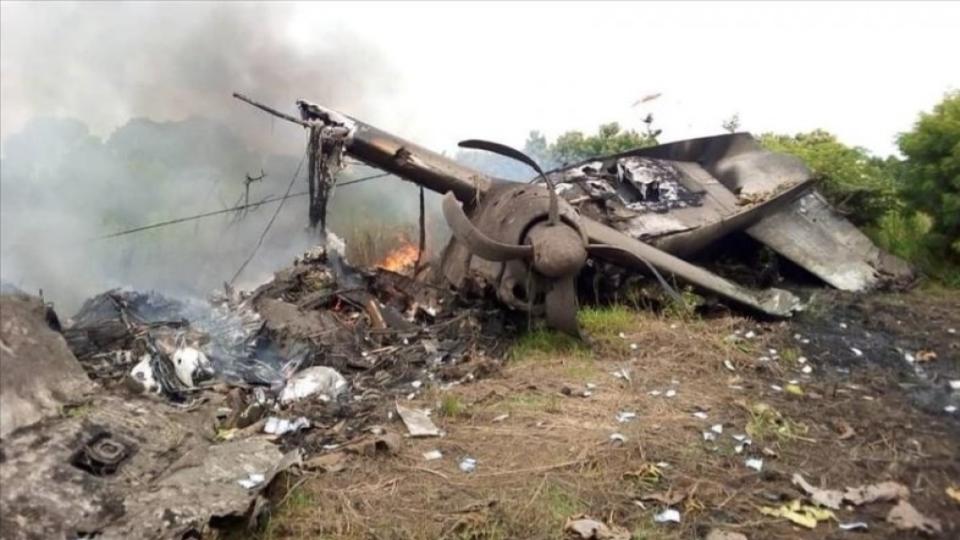SC: Medical Council Of India Has No Power To Make Any Reservation For In-Service Candidates; States Have
Mon 31 Aug 2020, 12:43:23
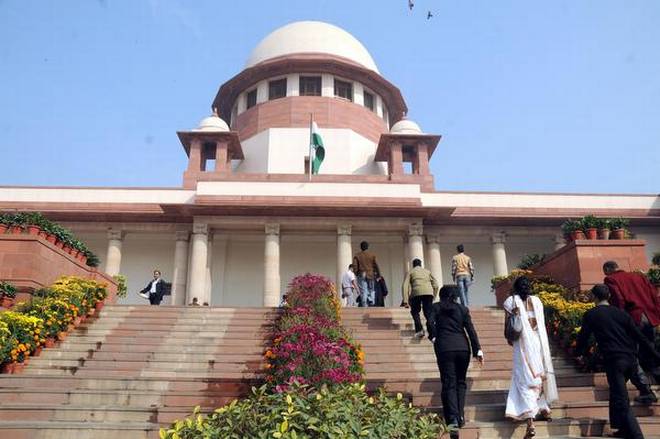
The Constitution Bench of the Supreme Court has held that Medical Council of India has no power to make any reservation for in-service candidates in Post Graduate Medical Course in any particular state. The bench comprising Justices Arun Mishra, Indira Banerjee, Vineet Saran, MR Shah and Aniruddha Bose observed that the power of Medical Council of India Act is referable to Entry 66, List 1, which is a limited source of power to lay down standards. It held that the Medical Council of India regulations providing for reservation for in-service candidates in PG Medical Courses are ultra vires the Medical Council of India Act.The Court has however clarified that the judgment will apply only prospectively and will not affect any admissions already made. Justice M R Shah, who read out the judgment, expressed gratitude to all counsels for helping the constitution bench to decide the issue through virtual court. The Court further observed that States can make regulations to provide reservation for in-service doctors in PG medical course and suggests that States may ask such beneficiaries to serve in rural, hilly and tribal areas for five years. Background Tamil Nadu Medical Officers' Association and others had filed a writ petition before the Apex Court challenging Regulation 9(4) and (8) of the Post Graduate Medical Education Regulations, 2000, as framed by the Medical Council of India. They had mainly contended that 'the coordination and determination of standards in institutions for higher education' is within the exclusive domain of the Union, medical education under Entry 25, List III, though made subject to Entry 66 of List I, being an Entry in the Concurrent
List, the State is not denuded of its power to legislate on the manner and method for admissions to Post Graduate Medical Courses. The Three judge bench, while referring the case to larger bench had noted the contentions of the petitioner that that 'the coordination and determination of standards in institutions for higher education' is within the exclusive domain of the Union, medical education under Entry 25, List III, though made subject to Entry 66 of List I, being an Entry in the Concurrent List, the State is not denuded of its power to legislate on the manner and method for admissions to Post Graduate Medical Courses. In Dinesh Singh Chauhan case, a three-judge bench had held that the state cannot provide reservation to in-service candidates to PG Courses. It was also held that Regulation 9 to be a complete Code and a provision for determining the inter-se merit of the candidates including by giving weightage of marks as an incentive to eligible in-service candidates who have worked in notified remote or difficult areas in the State, which is just, reasonable and necessary in larger public interest. The Bench headed by Justice Kurian Joseph, observed: 'We are of the view that Dinesh Singh Chauhan (supra), has not considered the legislative Entries in respect of the contentions 10 we have noted above. Apparently, it appears no such contentions were raised before the Court. Same is the situation with regard to the non-reference with respect to the three Constitution Bench decisions we have referred to above. As far as Modern Dental (supra) is concerned, perhaps the judgment had not been published by the time the judgment in Dinesh Singh Chauhan (supra) was rendered.
List, the State is not denuded of its power to legislate on the manner and method for admissions to Post Graduate Medical Courses. The Three judge bench, while referring the case to larger bench had noted the contentions of the petitioner that that 'the coordination and determination of standards in institutions for higher education' is within the exclusive domain of the Union, medical education under Entry 25, List III, though made subject to Entry 66 of List I, being an Entry in the Concurrent List, the State is not denuded of its power to legislate on the manner and method for admissions to Post Graduate Medical Courses. In Dinesh Singh Chauhan case, a three-judge bench had held that the state cannot provide reservation to in-service candidates to PG Courses. It was also held that Regulation 9 to be a complete Code and a provision for determining the inter-se merit of the candidates including by giving weightage of marks as an incentive to eligible in-service candidates who have worked in notified remote or difficult areas in the State, which is just, reasonable and necessary in larger public interest. The Bench headed by Justice Kurian Joseph, observed: 'We are of the view that Dinesh Singh Chauhan (supra), has not considered the legislative Entries in respect of the contentions 10 we have noted above. Apparently, it appears no such contentions were raised before the Court. Same is the situation with regard to the non-reference with respect to the three Constitution Bench decisions we have referred to above. As far as Modern Dental (supra) is concerned, perhaps the judgment had not been published by the time the judgment in Dinesh Singh Chauhan (supra) was rendered.
No Comments For This Post, Be first to write a Comment.
Most viewed from National
Most viewed from World
AIMIM News
Delhi Assembly polls: Owaisi leads Padyatra in Okhla
Feb 01, 2025
We reject this Waqf Amendment Bill: Asaduddin Owaisi
Jan 30, 2025
Latest Urdu News
Most Viewed
May 26, 2020
Which team will win the ICC Men's Champions Trophy 2025 held in Pakistan/Dubai?
Latest Videos View All
Like Us
Home
About Us
Advertise With Us
All Polls
Epaper Archives
Privacy Policy
Contact Us
Download Etemaad App
© 2025 Etemaad Daily News, All Rights Reserved.

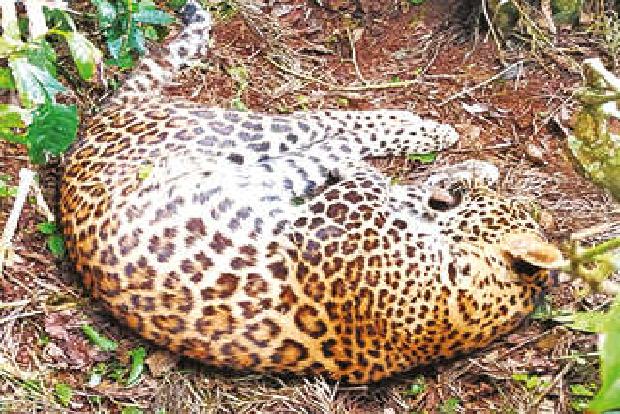
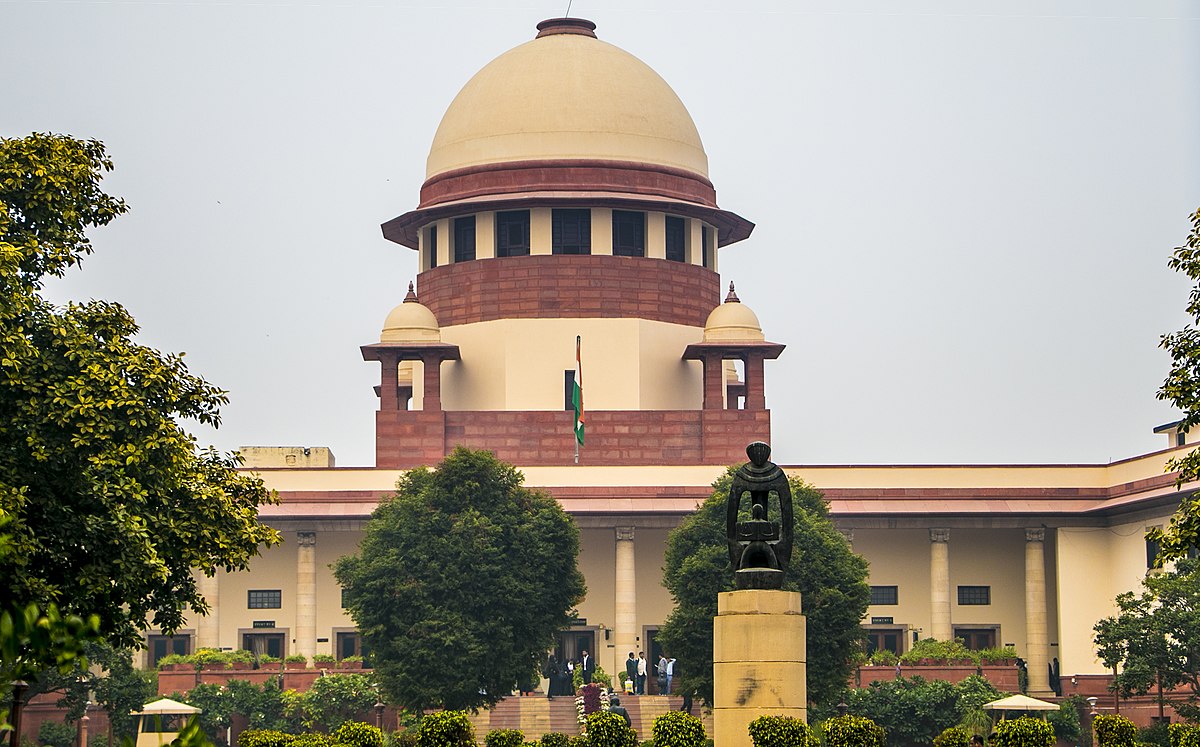
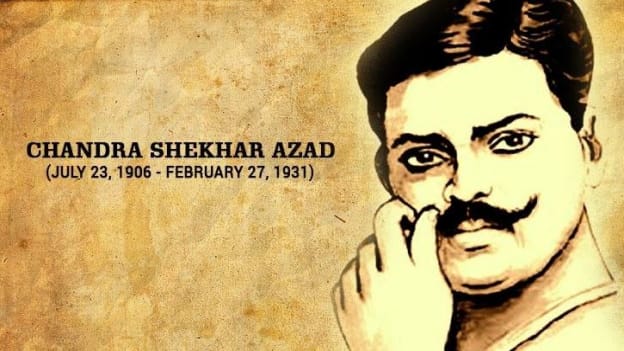


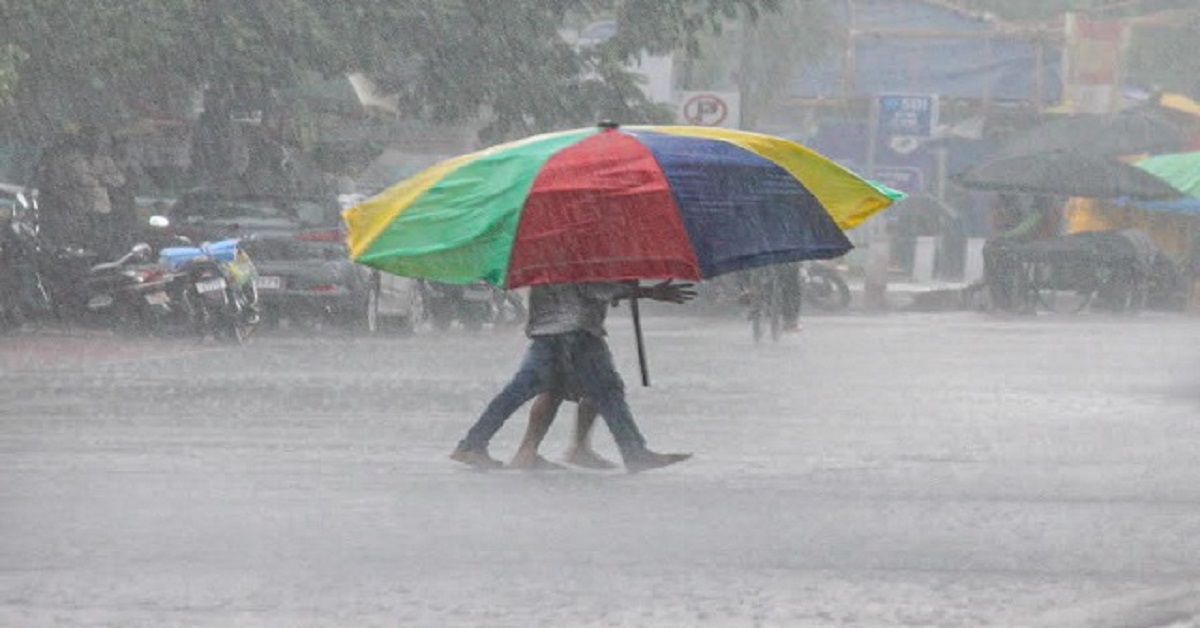
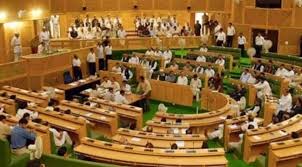
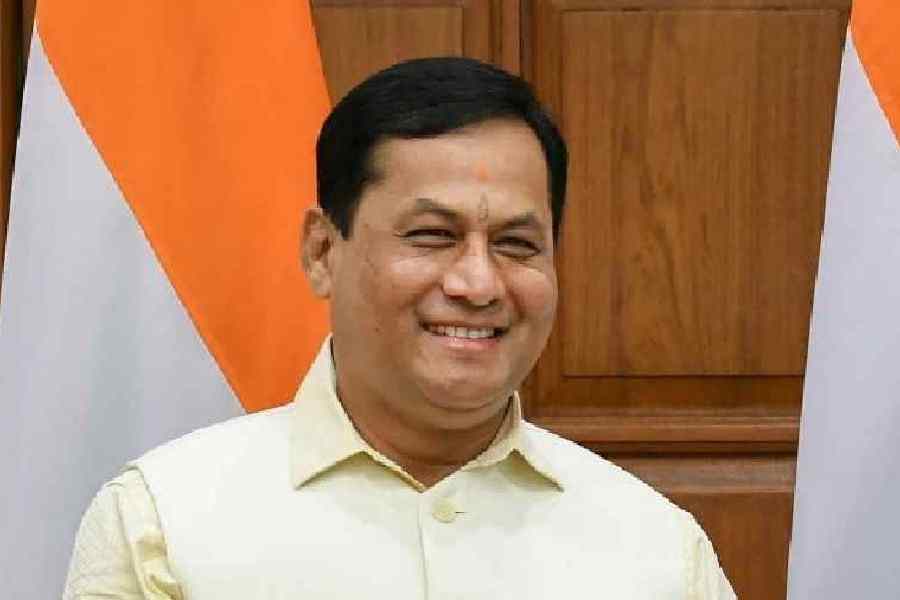
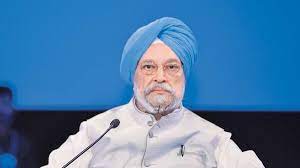
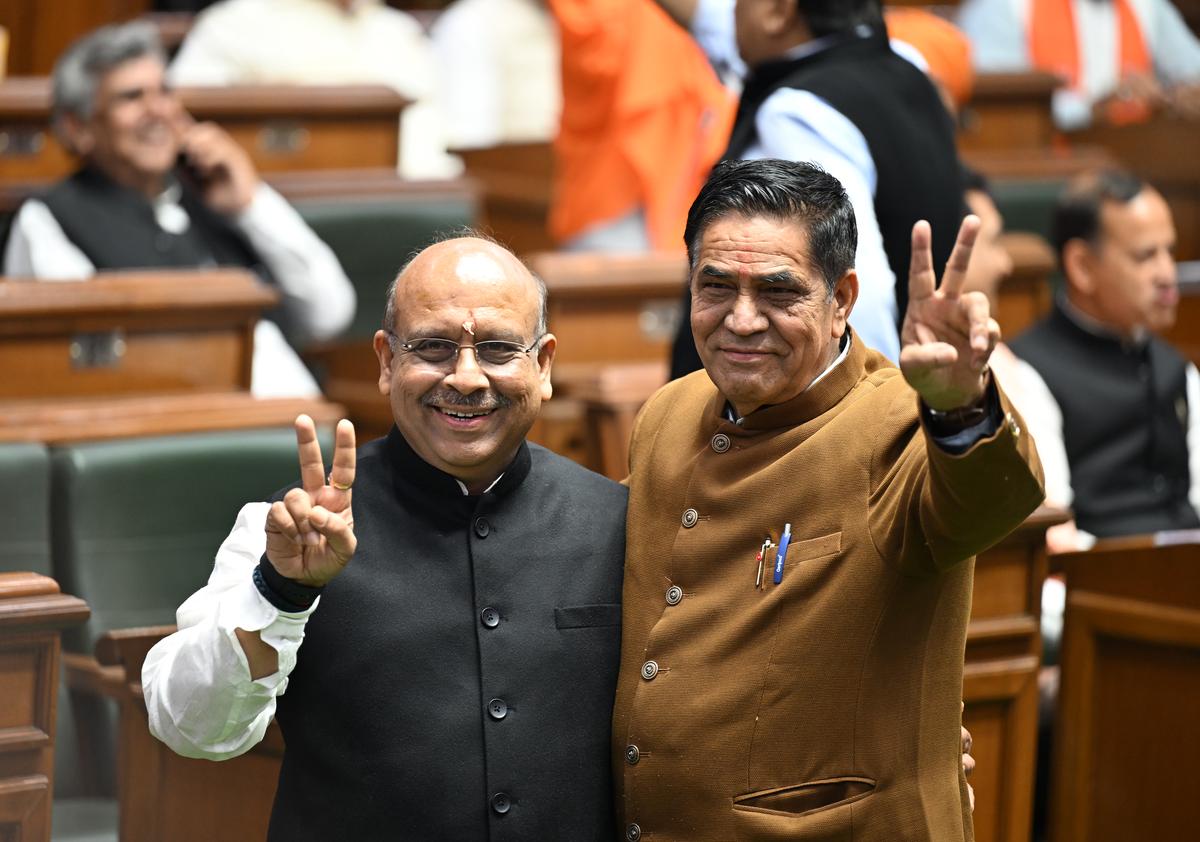
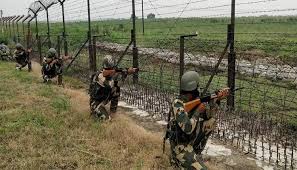

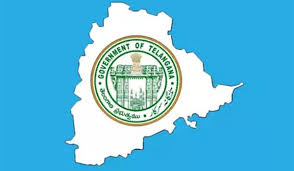








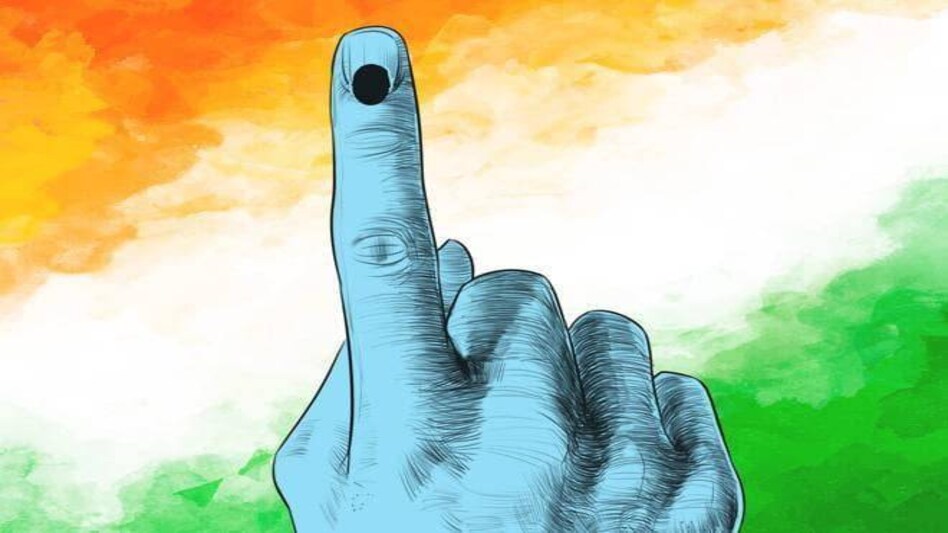
.jpg)
